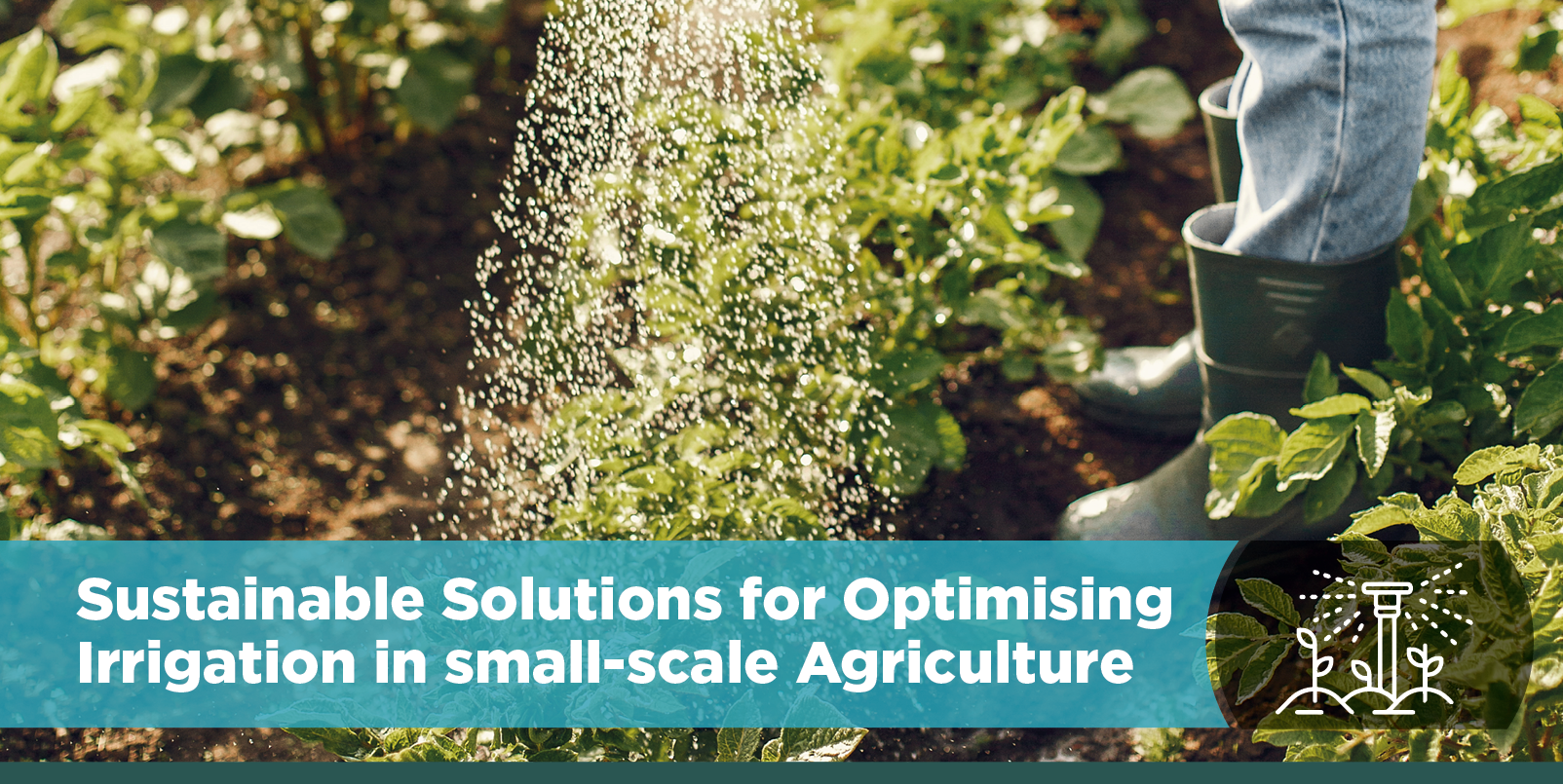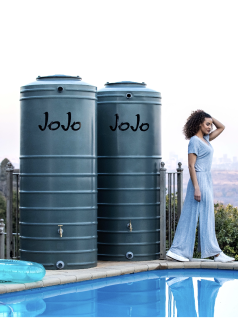Water scarcity is becoming more of a challenge all over the world, as the global population outgrows the planet’s resources and climate change bites harder. In South Africa, in particular, the need for sustainable irrigation solutions and water conservation practices has never been more critical.
At JoJo Tanks, we’re committed to providing innovative water management solutions and products that empower small farmers, smallholders and industries to optimise their water use and promote environmental sustainability.
In this blog, we’ll look at irrigation and water management for agriculture, as well as eco-friendly approaches to conserving water as part of sustainable agricultural irrigation systems and practices. We’ll also provide you with useful information about our water conserving products and their installation.
The Need for Sustainable Irrigation Practices
Water scarcity is a pressing global issue. Unesco points out that agriculture irrigation accounts for approximately 70% of freshwater consumption and withdrawals worldwide.
Inefficient irrigation practices greatly exacerbate this problem. They lead to the depletion of groundwater resources, soil degradation, and increased energy consumption. In South Africa, where patchy rainfall and droughts are recurring challenges, the implementation of environmentally sustainable solutions has become an urgent necessity.
The consequences of unsustainable irrigation practices extend beyond alleviating water scarcity. Excessive water use can lead to soil erosion, nutrient leaching, and the spread of waterborne diseases. Energy-intensive irrigation systems also contribute to greenhouse gas emissions that worsen climate change.
Rainwater Harvesting Systems and Their Impact
Rainwater harvesting is an obvious, time-tested and sustainable solution for supplementing irrigation water. By collecting and storing rainwater, small farmers, industrialists and householders can reduce their reliance on surface- and groundwater resources and municipal water supplies.
Unfortunately, this valuable option is often overlooked and underutilised. That’s why JoJo is trying to make it easy as possible to get started with rainwater harvesting solutions for the home and small-scale crop production.
Our range of storage tanks is designed to make rainwater harvesting easy and efficient for both home use and small-scale crop production.
The benefits of using rainwater harvesting for irrigation are numerous. It reduces water bills and ensures a water supply during dry spells. Rainwater is also easier to purify than borehole water. Boreholes in South Africa often has a high total dissolved solid content (TDS) in the form of lime and magnesium that is not ideal for irrigation, and can mostly only be removed with nano and membrane filtration, which is expensive to install and maintain. Rainwater on the other hand is made for irrigation.
Soil Moisture Management
Efficient irrigation starts with understanding the needs of your soil and crops. Soil moisture management involves monitoring and maintaining optimal moisture levels in the root zone. This can be achieved through various techniques, such as using soil moisture sensors, implementing drip irrigation systems, and regenerative agricultural practices.
Effective soil moisture management has a profound impact on crop health and water conservation. By delivering water directly to the roots where the plants need it and avoiding overwatering, farmers minimise water wastage, reduce harmful fertiliser runoff, and consequently improve crop quality.
Recycled Water for Irrigation
In regions where water scarcity is severe, using recycled water for irrigation and non-potable water use is essential. Water recycling is the practice of reclaiming used water and treating it to make it reusable.
Recycled water, often derived from treated greywater or wastewater, offers a valuable augmentation of irrigation water. It reduces the costs of providing clean water, eases the demand on freshwater resources, and contributes towards the creation of a reliable and sustainable water supply. It can be used to irrigate pastures, fodder, crops, and shed and stock- or farmyard washdowns.
The wastewater is treated to meet the irrigation standards of the national water act, and is naturally rich in nitrates and phosphates, which implies less fertilizer is required.
Challenges and Solutions in Implementing Sustainable Irrigation
The benefits of sustainable irrigation are undeniable, but farmers face challenges in adopting these practices. The initial investment costs of installing rainwater harvesting systems or drip irrigation can present significant hurdles to many farmers.
JoJo can also advise you on unlocking sustainability, and exploring the effective use of alternative water sources and their different applications. Small scale farmers and households have found their JoJo water storage tanks a real lifesaver in recent times during frequent water cuts in Gauteng!
In Closing
Implementing sustainable agricultural irrigation systems in South Africa is vital for the future of our agricultural sector, as well as the preservation of South Africa’s precious water resources. By embracing innovative solutions like rainwater harvesting, soil moisture management, and recycled water, farmers won’t just enhance crop productivity and reduce water usage, they’ll be contributing to a more sustainable future too.
JoJo Tanks is proud to be a part of this journey by providing water storage solutions that empower farmers and promote responsible water management in agriculture. Please feel free to reach out for help or advice!



